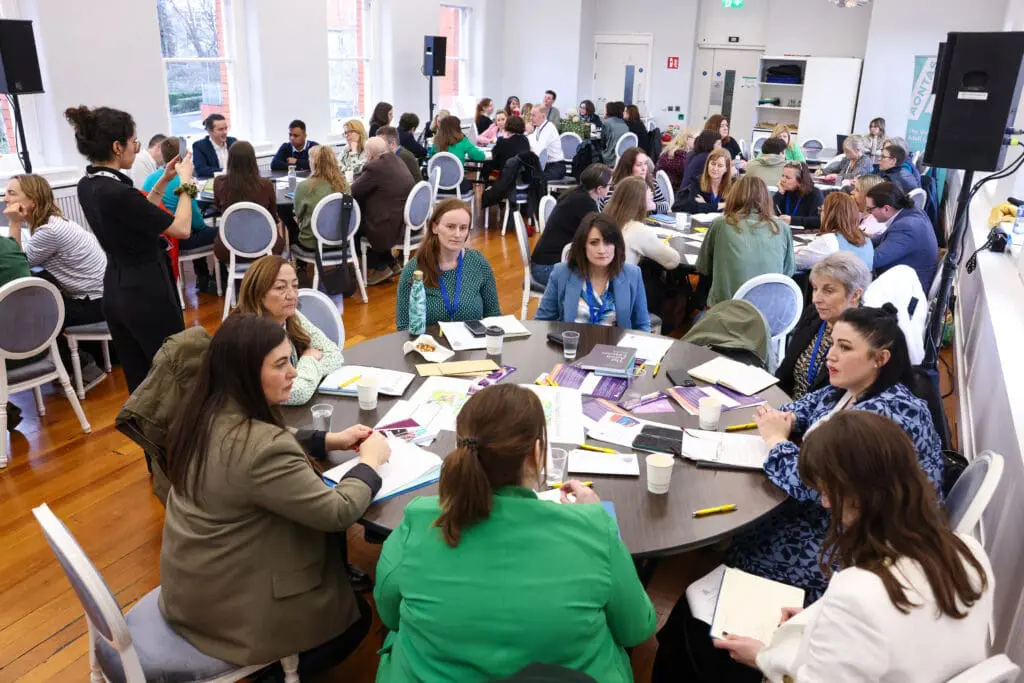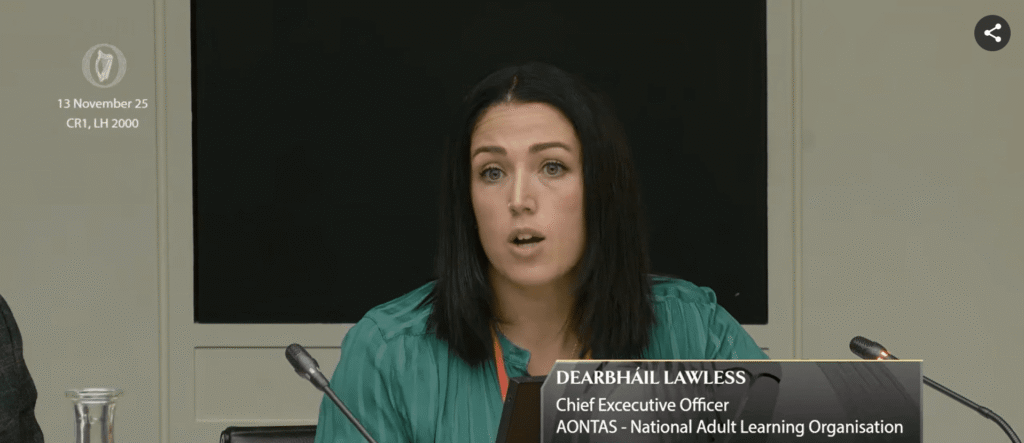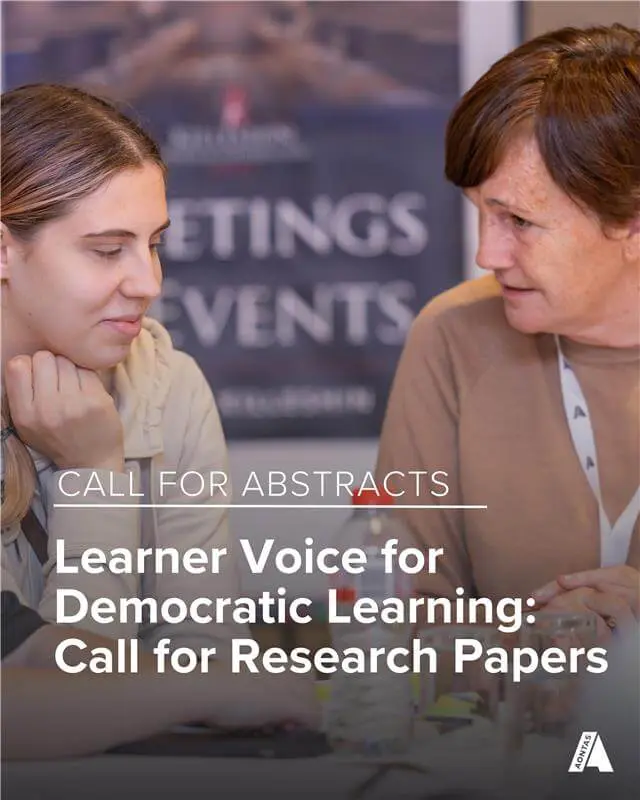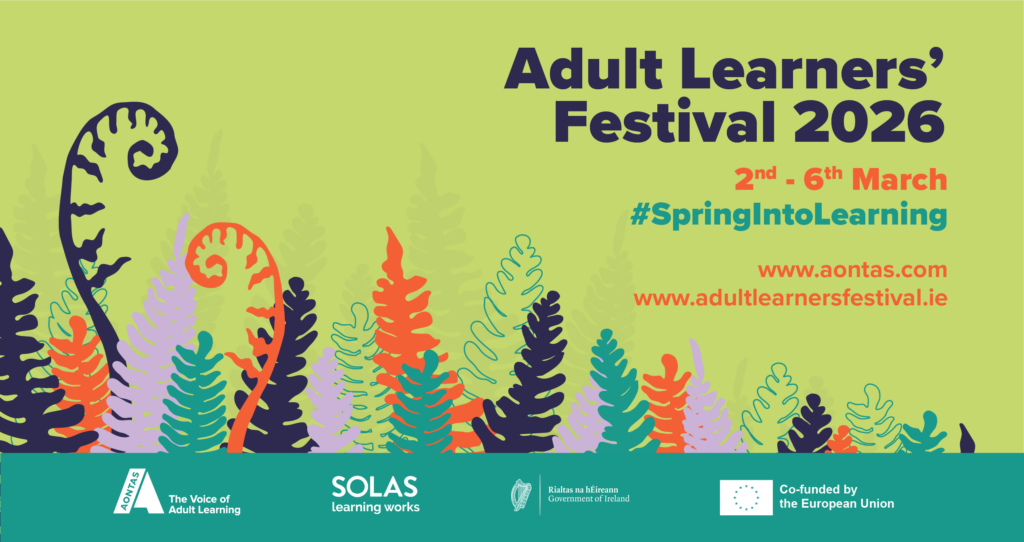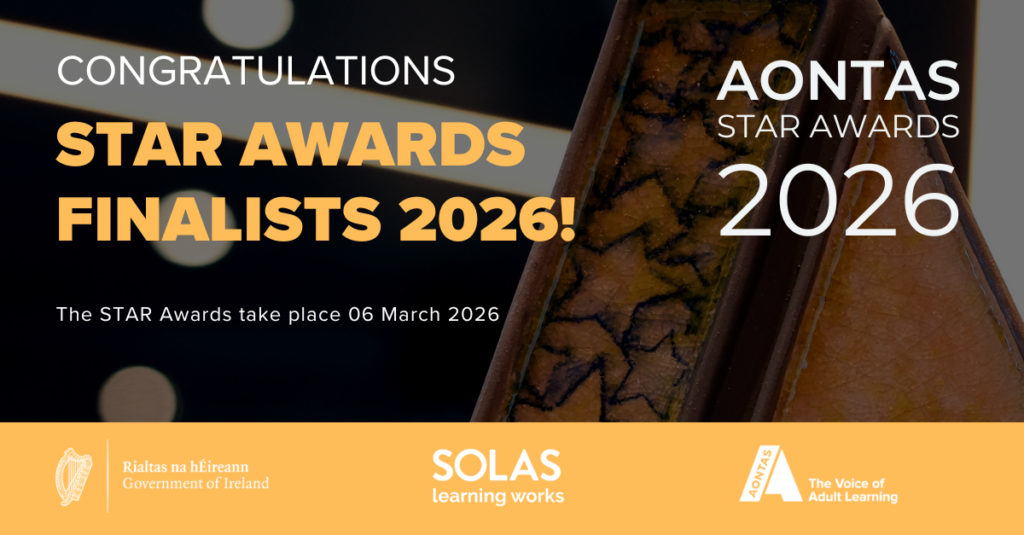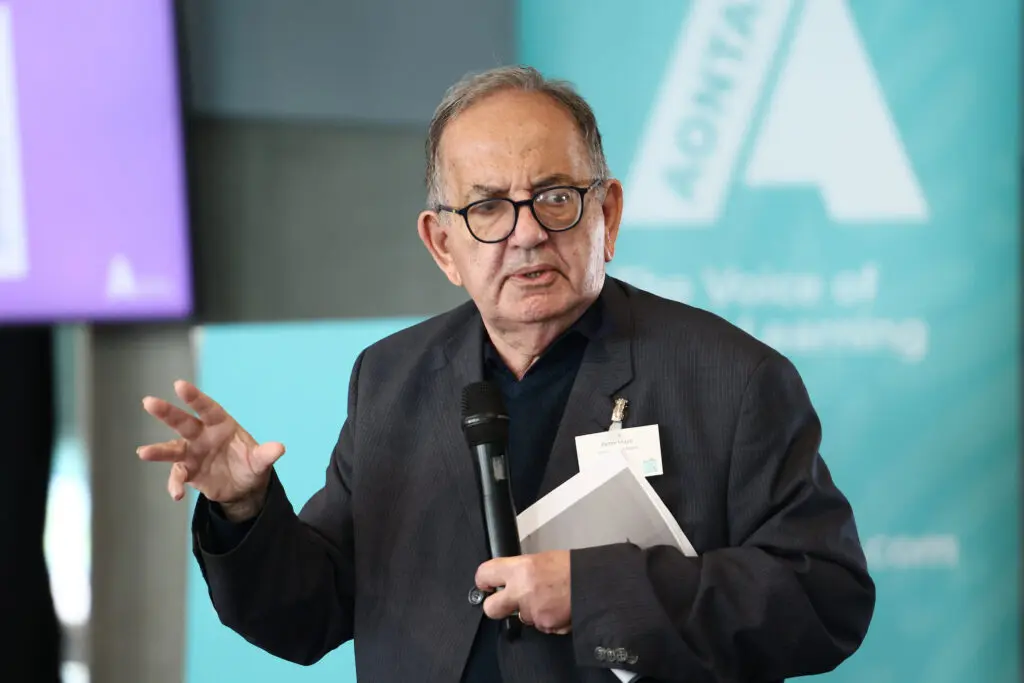Our “Who Does It Cost?” education policy discussion, which took place on Monday 4th March 2024 as part of the Adult Learners’ Festival, focussed on the need for greater investment in adult learning to strengthen Irish society.
Our research has found that learners in adult and community education are likely to be more exposed to societal inequalities that create barriers to education.
According to our Head of Advocacy Barbara Nea speaking on the day, this means that “in general FET and community education learners are more vulnerable to poverty and the financial challenges posed by cost-of-living increases.”
At roundtable discussions, attendees shared their ideas about what needs to change in investment in adult learners. Attendees included adult learners, policymakers, funders, educators or tutors, and education centre coordinators or staff. We talked about the main financial barriers to returning to and staying in education, and what actions we can take to change things for the better.
The primary barriers to adult education continue to be the lack of affordable and available childcare and a lack of reliable and affordable public transport (particularly in rural areas).
A lack of time also came up repeatedly. This relates to challenges around childcare and lack of transport. If people are caring for a family, and working to pay the bills and for their courses, it can be a real challenge to keep going with an adult education course – especially when travelling to and from a centre and to and from work placements – and also to complete assignments, usually at night after kids are asleep. With a routine like this, people are susceptible to burn-out.
We also heard that people are staying in low-paid employment, because they can’t take the financial risk to leave, and there is not enough flexibility to learn and upskill while working.
We heard how migrants must be living in Ireland for three years before they can access financial supports to go back to education. This means people are often working in low-paid jobs and struggling to keep up with an adult education course, work placements, and assignments all at the same time.
Attendees told us that we need to encourage and incentivise employers to be more understanding and accommodating of people who have returned to education. Especially when it comes to Further Education and Training, there could be more coordination between Education and Training Boards and employers to facilitate the time and flexibility needed. This is particularly relevant if people are up-skilling, which is of benefit to their employer.
A key aspect to this is supporting people, rather than structures and processes.
Financial supports also should not all be focussed on skills and employment. Community education needs investment because of its benefits for wider society, including helping people to feel happier, more confident, and connected, and to building safer and more open, welcoming communities.
Another important barrier is the lack of access to stable and affordable housing. People can’t learn if they don’t have a stable place to live. We need to ensure basic needs are met, and create the conditions around learning, which make it possible and realistic for people.
As one of our attendees told us, “right now in Ireland, you don’t necessarily need to be on the margins to be marginalised.” Many people are struggling to make ends meet.
The difference, as our CEO Dearbháil put it, for people living in poverty, is that “if you fall there is no safety net.”
What actions can we take?
From our research and advocacy work, we have found a need to Close the Information Gap for people who are thinking about going back to education and want to find out what financial support is available to them.
This need was confirmed by our “Who Does It Cost?” attendees, who told us that while there is some funding available for people, the options are not clearly laid out in one place, and it’s not clear who is eligible, and what process people should follow.
Attendees told us we need a “one stop shop” for people who are completely new to the idea to understand what funding is available to support them to return to education.
Another action we suggest is to increase funding for part-time learners.
The need for this has already been reflected by Education and Training Boards Ireland (ETBI), College Connect, and SOLAS. The recent ETBI report on Learner Mental Health and Wellbeing found that part-time learners “are often the most disadvantaged and face a wide range of barriers to participation,” but they do not “have access to funding mechanisms available to learners on full-time programmes.”
It was recently announced that part-time learners will have access to SUSI, but this does not apply to learners at levels 1 to 4 on the National Framework of Qualifications, who are more likely to need financial support, and more likely to be in low-paid jobs, unemployed, or at risk of poverty.
We will continue to work with our members and everyone who has contributed to this discussion to bring about these changes for adult learners across Ireland.
Another action we’ve identified is increasing existing supplementary allowances.
This covers accommodation, food, and travel costs for some groups of FET learners. We were happy to hear Secretary General from the Department of Further and Higher Education, Research, Innovation and Science Colm O’Reardon speak about this at the “Who Does It Cost?” event and confirm that the Department are looking at increasing these in Budget 2025.
In addition, because 1 in 3 FET learners are unemployed, we recommend an increase in social welfare rates in line with the cost-of-living, so that people’s basic needs are met and they can go back to and succeed in education. This has the potential knock-on effect of helping them back to employment.
Our upcoming national campaign on financial supports will focus on these actions.
It is clear from our research and stakeholder engagement work that, to reduce poverty in Ireland, we need increased investment in adult learners and people who could be potential learners.
